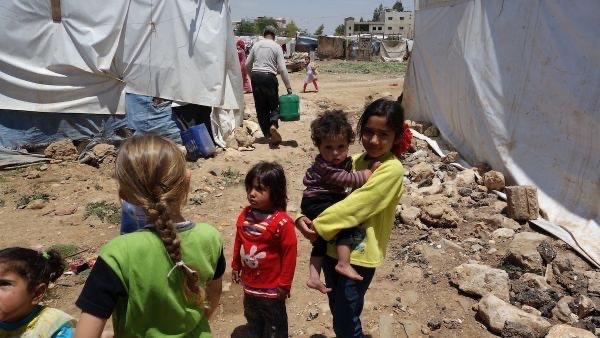This Technical Note builds on the recommendations of the United Nations Secretary-General’s High-Level Advisory Board on Effective Multilateralism (HLAB) in its report entitled A Breakthrough for People and Planet, aimed at ensuring sustainable finance that delivers for all. The HLAB report noted that meaningful transformation of the global financial architecture begins with defining a core set of global public goods and global commons investments. This Technical Note contributes to that call.
Focusing on recommendations one and four, the Technical Note unpacks the ways in which reforms of the global financial architecture can support efforts to address the challenges of forced displacement, and frames this investment as a global public good (GPG).
Proposed actions include an increase in dedicated multilateral development bank (MDBs) financing for refugees and host communities in low- and middle-income countries (LMICs), reform of the MDBs to ensure a focus on GPGs, the creation of a dedicated GPG Bank with its own balance sheet and governance structure, and the mobilization of political will among refugee-hosting countries to ensure that refugees and internally displaced persons are included in development co-operation and in financing across the Humanitarian-Development-Peace nexus.
Read "Reforming the Global Financial Architecture to Address the Challenges of Refugee Hosting as a Global Public Good" here.
Suggested citation: David Passarelli, Heaven Crawley. Reforming the Global Financial Architecture to Address the Challenges of Refugee Hosting as a Global Public Good : UNU-CPR, 2024.


